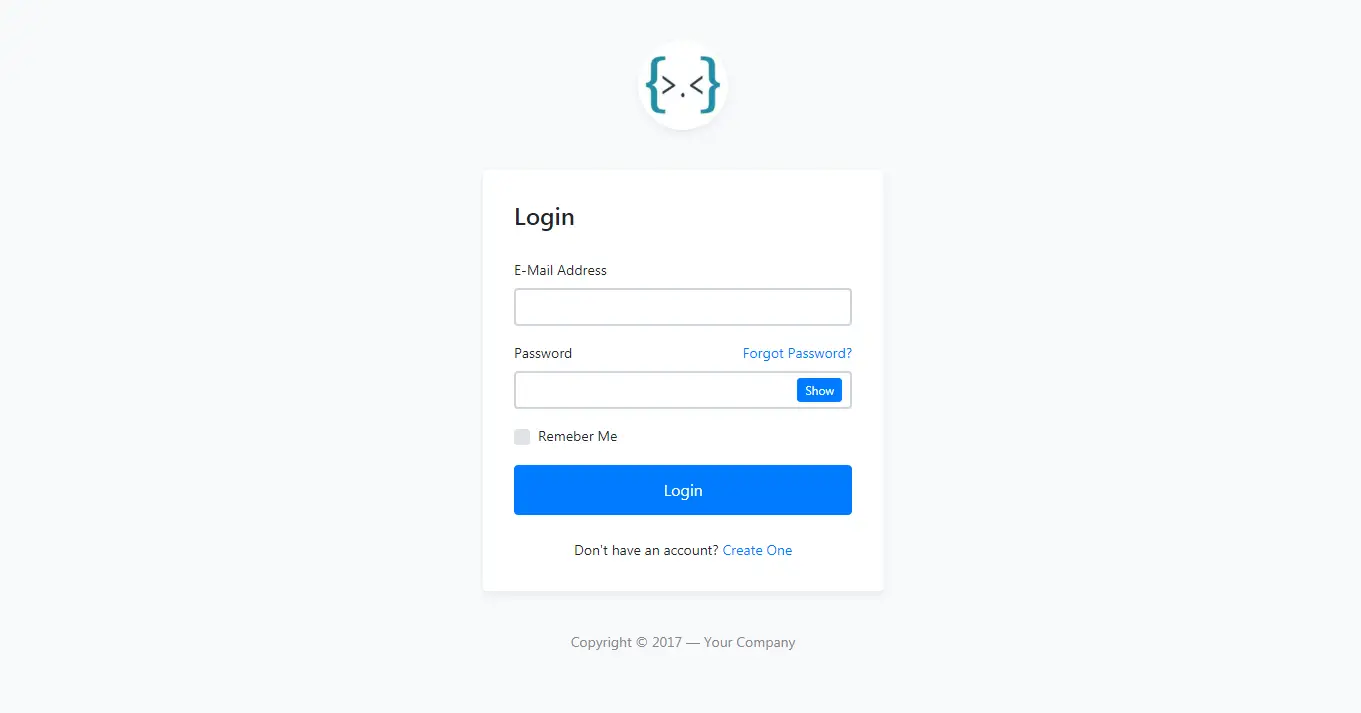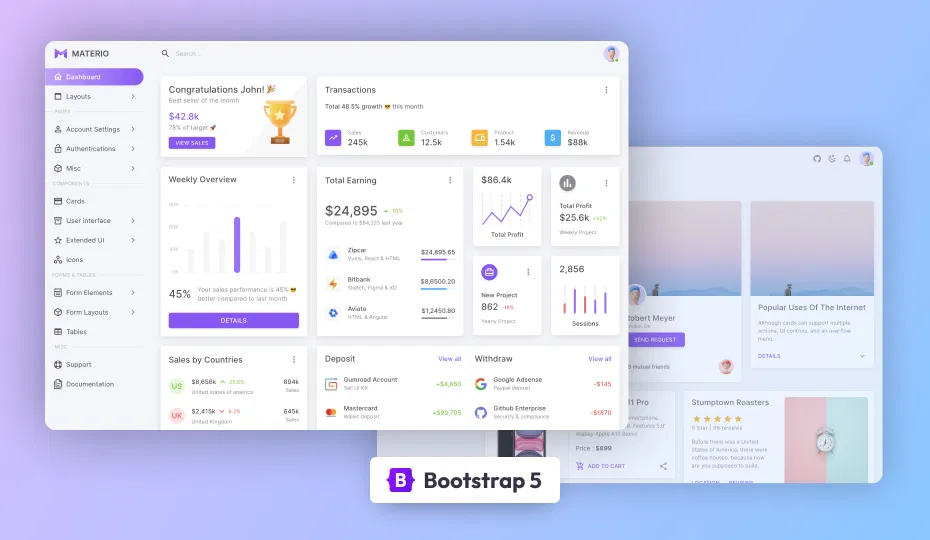How to Convert DateTime to Unix Timestamp in C#
By Tan Lee Published on Jul 11, 2024 2.23K
To convert a DateTime to a timestamp (i.e., Unix timestamp), the process depends on whether you want the result in seconds or milliseconds.
How to convert DateTime to Unix Timestamp in C#?
If you want to convert a DateTime object to a Unix timestamp (seconds since January 1, 1970), you can do the following:
For example, c# convert datetime to unix timestamp
// c# date to unix timestamp // c# get utc timestamp DateTime dateTime = DateTime.UtcNow; // Convert DateTime to UNIX timestamp (seconds) // c# datetime unix timestamp long unixTimestamp = (long)(dateTime - new DateTime(1970, 1, 1, 0, 0, 0, DateTimeKind.Utc)).TotalSeconds; // c# datetime to unix timestamp (seconds)
Output: convert datetime to timestamp c#
- Current UTC time: 1/10/2025 6:56:16 AM
- UNIX timestamp: 1736492176
This calculates the number of seconds elapsed since the Unix epoch (1970-01-01T00:00:00Z) until the specified DateTime object.
You can also use DateTimeOffset to get unix timestamp.
For example, c# datetime unix timestamp
// Convert DateTime to DateTimeOffset for easier UNIX timestamp conversion DateTimeOffset dto = new DateTimeOffset(DateTime.UtcNow); // Get UNIX timestamp in seconds string unixTimeInSeconds = dto.ToUnixTimeSeconds().ToString(); // c# datetime to unix epoch (seconds) // Get UNIX timestamp in milliseconds string unixTimeInMilliseconds = dto.ToUnixTimeMilliseconds().ToString(); // c# datetime to unix epoch (milliseconds)
Output: example c# datetime to timestamp
- Current UTC time: 1/10/2025 6:58:23 AM +00:00
- UNIX timestamp: 1736492303
- UNIX timestamp, including milliseconds: 1736492303500
You can create an extension method in C# to convert a DateTime to a timestamp.
Convert DateTime to Unix Timestamp C#
// c# .net datetime to timestamp
public static class DateTimeExtensions
{
// Converts a DateTime to UNIX time (seconds)
public static string ToUnixTimeInSeconds(this DateTime dateTime)
{
DateTimeOffset dto = new DateTimeOffset(dateTime.ToUniversalTime());
return dto.ToUnixTimeSeconds().ToString();
}
// Converts a DateTime to UNIX time (milliseconds)
public static string ToUnixTimeInMilliseconds(this DateTime dateTime)
{
DateTimeOffset dto = new DateTimeOffset(dateTime.ToUniversalTime());
return dto.ToUnixTimeMilliseconds().ToString();
}
}To use the DateTimeExtensions methods, you simply need to call the extension methods on a DateTime object.
using System;
class Program
{
static void Main()
{
// Example DateTime (current date and time)
DateTime currentDateTime = DateTime.Now;
// Convert current DateTime to UNIX time (seconds)
string unixTimeSeconds = currentDateTime.ToUnixTimeInSeconds();
Console.WriteLine("UNIX Time (Seconds): " + unixTimeSeconds);
// Convert current DateTime to UNIX time (milliseconds)
string unixTimeMilliseconds = currentDateTime.ToUnixTimeInMilliseconds();
Console.WriteLine("UNIX Time (Milliseconds): " + unixTimeMilliseconds);
}
}Output:
UNIX Time (Seconds): 1684416570 UNIX Time (Milliseconds): 1684416570456
In this example:
currentDateTime.ToUnixTimeInSeconds()converts theDateTimeto UNIX time in seconds.currentDateTime.ToUnixTimeInMilliseconds()converts theDateTimeto UNIX time in milliseconds.
Ensure that your DateTimeExtensions class is in the same project or namespace as your main code, or add a using statement to the correct namespace where it's defined.





